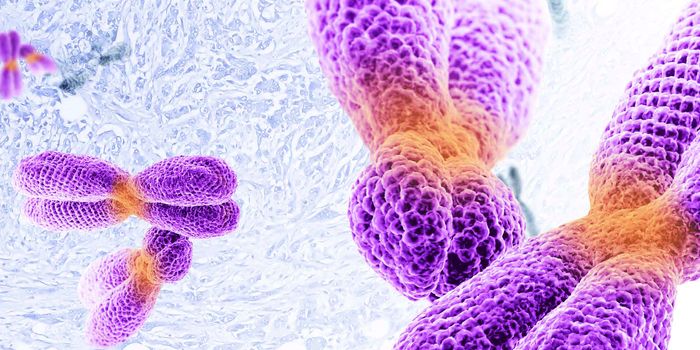Using Artificial Intelligence to Understand the Language of Cancer and Alzheimer's Disease
Cancer and Alzheimer’s disease are life-changing, and there is still much we don’t understand about what causes them, how they progress, or how best to treat them.
Researchers at St John's College, University of Cambridge, however, are studying whether artificial intelligence and algorithmic learning can help us predict the “language” of proteins, which can be an underlying cause of diseases like cancer and Alzheimer’s disease.
"The human body is home to thousands and thousands of proteins and scientists don't yet know the function of many of them. We asked a neural network based language model to learn the language of proteins,” said Dr. Kadi Liis Saar, first author of the paper and a Research Fellow at St John's College.
Proteins are vital to many processes in the body. However, changes or alterations to a protein’s function can cause diseases, such as cancer and Alzheimer’s disease. For example, researchers in this study were examining a specific type of protein malfunction that can lead to the development of condensates, or proteins that can collect and merge together. Alzheimer’s, for example, occurs when proteins “clump” together and kill nerve cells. Using language-based modeling could be a way to learn more about the rules governing protein production and activity, what constitutes a protein “error” or malfunction, and how to easily spot these errors.
While the use of artificial technology is not new in cancer research, the technology developed by researchers at St. John’s University specifically uses a common type of machine learning we encounter in our daily life: algorithms. We often encounter algorithms in places like Google, for example, where they collect data about our behaviors. Algorithms use this data to make predictions about future behavior, which helps marketers develop more targeted ways to reach you as a consumer. The idea is that these same tools can predict information about proteins using existing data.
According to the study published in PNAS, researchers input decades of research on proteins and found that artificial intelligence could predict what scientists already knew about proteins.
“We found it [the machine] could learn, without being explicitly told, what scientists have already discovered about the language of proteins over decades of research...Then we were able ask it about the specific grammar that leads only some proteins to form condensates inside cells. It is a very challenging problem and unlocking it will help us learn the rules of the language of disease.” said Dr. Kadi Liss Saar.
Ultimately, these research findings suggest new ways that technology like artificial intelligence can help change how scientists think about disease and treatment.
"Bringing machine-learning technology into research into neurodegenerative diseases and cancer is an absolute game-changer. Ultimately, the aim will be to use artificial intelligence to develop targeted drugs to dramatically ease symptoms or to prevent dementia happening at all," said Professor Tuomas Knowles, the study’s lead author.








